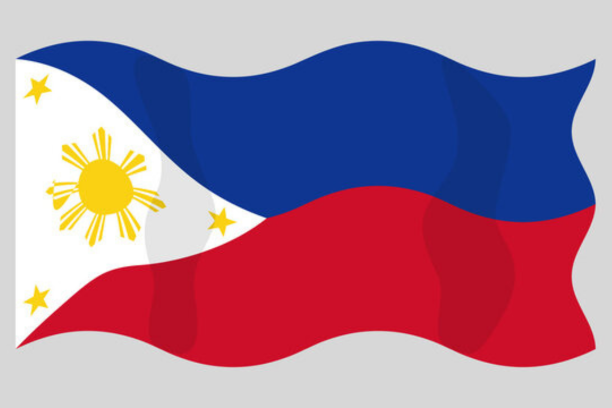
Minimum Filing Requirements in the Philippines
To secure a filing date for a trademark application, the following minimum requirements must be met:
- Request to Register a Trademark: A formal request to register the trademark.
- Applicant’s Details and Contact Information: The full name, address, and contact details of the applicant.
- Representation of the Trademark: A clear depiction of the trademark to be registered.
- List of Goods/Services: A detailed list of goods or services for which the trademark registration is sought.
- Priority Information (if any): Information regarding any priority claim based on earlier filings in other jurisdictions.
Requirements for the Power of Attorney
An original signed Power of Attorney must be submitted to the Philippine IP Office within 60 days from the date of the corresponding notice. This document authorizes a representative to act on behalf of the applicant in the trademark registration process.
Contact ASL for Filing Trademark in Philippines:
Email: [email protected]
WhatsApp/WeChat: (+65) 8749 6692
Priority Document
If an application claims conventional priority, it must be filed within six months from the priority date. An English translation of a certified copy of the priority document can be submitted within six months from the mailing date of the Philippine IP Office examiner’s letter requiring such submission.
Opposition Period
The opposition period for trademark applications in the Philippines is 30 days from the publication of the application. During this time, third parties can file an opposition to the registration of the trademark.
Grant, Validity Term, and Trademark Renewal
Once the Notice of Allowance is issued, grant fees must be paid within two months from the mailing date of the notice. Trademark registration in the Philippines is valid for ten years from the registration date. Renewal requests should be filed within six months prior to the expiration of the registration or within a six-month grace period after the expiration date, provided that a surcharge is paid.
Use Requirement
Applicants must file a Declaration of Actual Use (DAU) stating that the trademark is being used in the Philippines for the specified goods and services. The DAU must be filed:
- Within three years from the filing date of the application.
- Within one year from the fifth anniversary of the registration.
- Within one year from the date of renewal.
- Within one year from the fifth anniversary of each renewal.
A six-month extension for filing the third-year DAU can be requested before the expiration of the three-year period, subject to the payment of prescribed fees. A trademark can be canceled if there is unjustified non-use for three consecutive years.
Representation by a Trademark Attorney
Foreign applicants are required to perform trademark registration through an agent, a registered Philippine trademark attorney. This ensures compliance with local regulations and smooth handling of the registration process.
Additional Notes
- Online Search Databases: Applicants can use databases such as Philippine Trademarks and ASEAN TMview to search for existing trademarks and assess the availability of their proposed mark.
- Provisional Refusal: The time limit to respond to a provisional refusal of an international registration in the Philippines is two months from the date WIPO has been notified. Applicants can apply for an extension and must appoint a local representative to file the response in English. There is no option to request a revision or file an appeal against the provisional refusal.
Step-by-Step Process for Trademark Registration
- Pre-Filing Search: Conduct a search using online databases to ensure that the trademark is available and not already registered or pending registration by another party.
- Filing the Application: Submit the trademark application with the required documents, including a clear representation of the trademark, a list of goods/services, applicant details, and any priority claim.
- Examination: The IPOPHL will examine the application to ensure it complies with legal requirements and does not conflict with existing trademarks.
- Publication: If the application passes the examination, it will be published in the IPOPHL’s electronic gazette for opposition.
- Opposition Period: Third parties have 30 days from the publication date to file an opposition. If no opposition is filed, or if an opposition is resolved in favor of the applicant, the registration process proceeds.
- Issuance of Certificate: Upon successful completion of the opposition period and payment of the grant fees, the trademark registration certificate will be issued.
- Post-Registration Requirements: File the Declaration of Actual Use (DAU) within the specified periods to maintain the validity of the trademark registration.
- Renewal: Apply for renewal within six months before the expiration of the registration or during the six-month grace period after expiration, with the payment of the necessary fees.
Registering a trademark in the Philippines involves a detailed process with specific requirements and timelines. By understanding and adhering to these procedures, businesses can effectively protect their trademarks and secure their brand identity in the Philippine market. Engaging a registered Philippine trademark attorney can provide valuable assistance in navigating the complexities of trademark registration and ensuring compliance with all legal requirements.
Contact ASL for Filing Trademark in Philippines:
Email: [email protected]
WhatsApp/WeChat: (+65) 8749 6692


Leave a Reply